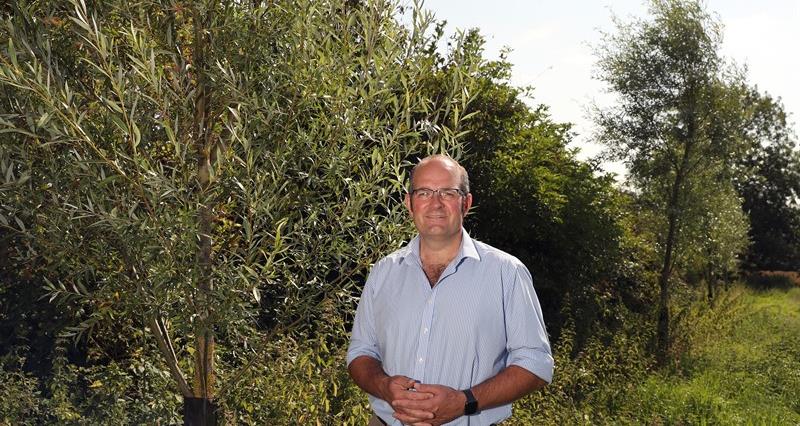The conference theme was ‘Connecting Trees, Farmers and Foresters’ and its aim was to examine how the industry can successfully integrate trees into the farmed landscape and build mutually beneficial relationships between farming and forestry sectors.
More than 2,000 tree professionals from across the UK attended to discuss the latest developments, challenges, and opportunities in the industry, with the aim of encouraging a greater public awareness and understanding of forestry, whilst also addressing the ongoing skills shortages within the sector.
Key theme
One of the key themes of the conference was the role of trees in the farmed landscape and how mutually beneficial relationships between farming and forestry can be built at a time of transition.
The speakers and participants explored various aspects of this theme, including tree planting, woodland management, and ecosystem services.
One of the key themes of the conference was the role of trees in the farmed landscape and how mutually beneficial relationships between farming and forestry can be built at a time of transition.
The speakers and participants explored various aspects of this theme, including tree planting, woodland management, and ecosystem services.
Working together
“Landscape trees, hedgerow trees and woodlands are an integral part of the farmed countryside, but due to various barriers they are often an unmanaged resource and a lost opportunity for farmers.”
NFU Deputy President Tom Bradshaw
Given the significant role farmers already play in managing trees on farm, the NFU took part in the conference to help ensure there are further opportunities for farmers and rural communities to be involved in this sector, whilst also promoting sustainable land management.
Tom Bradshaw attended a panel discussion on ‘Working together for multifunctional landscapes’ alongside Mark Tufnell (President of the CLA), Martin Kennedy (President of NFU Scotland) and Richard Stanford CB MBE (Chief Executive of the Forestry Commission).
He spoke about the barriers preventing farmers from engaging fully in planting trees, including existing policy on tenancies that prevent 30% of agricultural land from engaging in tree planting, the impact trees have on agricultural land tax advantages, and the permanency of planted trees that affects land value.
Tom also emphasised the importance of better recognition and management of trees outside woodlands, including hedges, hedgerow trees, lone trees, and small-scale tree planting on farms, which comprise 25-30% of total tree cover in England and Wales.
These trees provide a wide range of public goods, including carbon storage and wood fuel, but they are often under-appreciated, and could play a key role in helping the agricultural industry achieve net zero. One mechanism to help achieve this could be agroforestry.
‘Fibre crisis’
Tom contributed to the discussion on the prospect of a ‘fibre crisis’, which adds to the current food, energy, and biodiversity crises that are currently being experienced.
Food production and food security are increasingly in the spotlight due to the Covid pandemic, the Ukraine war and climate change. Food, however, is not the only commodity that should be focused on.
Tom highlighted that Government must take responsibility for these crises and produce a strategy outlining how we can access the food, fibre and energy of the future.
Working with farmers
To conclude the discussion, Tom was asked to sum up, in one sentence, if there was one thing that foresters could do differently, what would it be going forward now?
He answered: “It is about working with the farming industry to deliver future tree planting strategies rather than doing it to the industry”.
Important platform
Overall, the Institute of Chartered Foresters' annual conference, which took place in April, provided an important platform for discussions on the role of trees.
The NFU's attendance and input highlighted the need for collaboration between the forestry and agricultural sectors and the potential benefits of agroforestry systems.
The NFU Tree Strategy also sets out a comprehensive vision and action plan to support sustainable agriculture and mitigate climate change through tree planting and woodland management.


